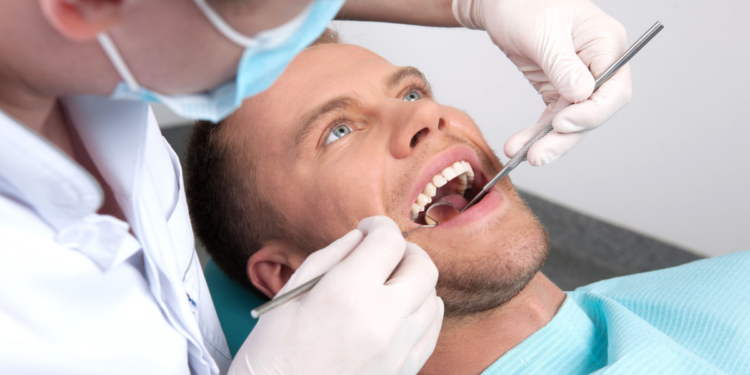Did you know tooth decay is a widespread issue, second only to the common cold as a chronic condition? While poor oral hygiene and high-sugar diets are known culprits, certain prescription medications can also contribute to dental problems. For the roughly 75% of Americans taking prescription drugs, it’s crucial to be vigilant about oral health. In this article, we’ll explore the answer to the query: What medication causes teeth to fall out? and provide essential prevention tactics to protect your smile.
What Medication Causes Teeth To Fall Out?
1. Immunosuppressant Drugs
Immunosuppressant drugs are prescribed to prevent the body’s immune system from overreacting after transplants or major surgeries. These medications can be highly effective but may result in unpleasant side effects, including gingival overgrowth, a condition where the gums become enlarged and susceptible to infection.
2. Antihistamines
Antihistamines, such as Benadryl, are commonly used to alleviate fever and nasal congestion. While they provide relief, antihistamines can reduce saliva production, leading to dry mouth. A lack of saliva can create an environment conducive to tooth decay.
3. Chemotherapy Treatments
Chemotherapy medications, like methotrexate, are essential for cancer treatment but can have adverse effects on oral health. These drugs can cause inflammation of the mouth’s lining and lead to tooth decay, making dental care vital for patients undergoing chemotherapy.
4. Aspirin
Although aspirin is an over-the-counter medication often used for pain relief, it can result in mouth sores and gum bleeding, which can contribute to oral health issues.
Prevention Tactics
If you are taking any of the above medications, it’s crucial to take preventive measures to protect your oral health:
1. Maintain Good Oral Hygiene
Brush and floss your teeth at least twice a day to remove plaque and food particles, reducing the risk of decay.
2. Stay Hydrated
Drink plenty of water to keep your mouth moist and help prevent dry mouth, which can lead to tooth decay.
3. Eat a Nutrient-Dense Diet
Consuming a diet rich in vitamins and minerals can support overall oral health. Include foods like fruits, vegetables, and dairy products in your diet.
4. Limit Sugary Foods and Drinks
Avoid foods and beverages high in sugar, such as soda and candy, which can promote tooth decay.
5. Time Medication with Meals
Take your medication during meals, which can help reduce potential side effects and protect your oral health.
6. Regular Dental Checkups
Visit your dentist for checkups at least twice a year. Dentists can detect early signs of tooth decay, provide preventive treatments, and perform professional cleanings to remove stubborn plaque and tartar.
How Your Dentist Can Help
Your dentist plays a crucial role in maintaining your oral health. They can:
- Detects tooth decay in its early stages, preventing further damage
- Offer treatments to halt the progression of decay
- Provide professional cleanings to remove plaque and tartar, reducing the risk of tooth decay
- Offer personalized advice on managing oral health while taking medications that may affect your teeth and gums
Conclusion: What Medication Causes Teeth To Fall Out?
While certain medications can contribute to tooth decay, taking proactive steps to protect oral health is essential. By following these prevention tactics and regularly visiting your dentist, you can maintain a healthy smile and mitigate the potential risks associated with your prescribed medications.




